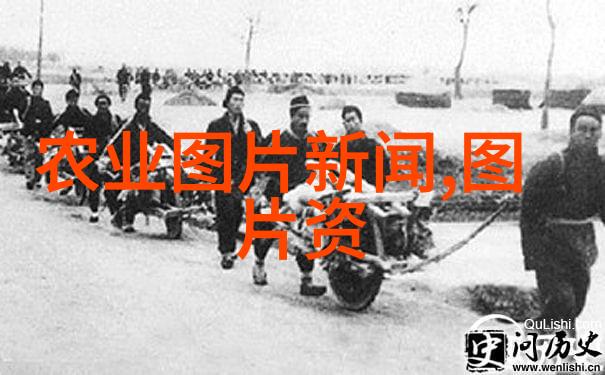农业的源远流长从野生植物到耕作技艺的演变
在遥远的地球历史中,人类从狩猎采集逐渐转向定居生活,这一转变标志着农业的由来。农业不仅是人类社会文明进程中的一个关键步骤,也是人类与自然环境和谐共生的重要体现。

野生植物选择与驯化
agriculture's origins began with the deliberate selection and breeding of wild plant species for desirable traits such as larger seeds or sweeter fruit. This process, known as domestication, allowed early farmers to cultivate crops that could be relied upon for food year after year rather than having to constantly search for new sources of sustenance.

灵感来自于观察自然界
The idea of cultivating plants was likely inspired by observations of natural phenomena such as the way certain plants grew in response to environmental cues like changes in daylight hours or rainfall patterns. Early farmers may have noticed that some plants were more resilient than others and could survive harsh conditions better than their wild counterparts.

耕作技术的发展
As humans learned which plants were most suitable for cultivation, they developed techniques for preparing the soil and planting seeds. The use of tools such as hoes and rakes helped early farmers to clear land, break up compacted soil, and even out seed distribution.

种植方式多样化
Agriculture's origins also involved experimentation with different methods of planting crops including crop rotation and companion planting strategies designed to optimize yields while minimizing pests and diseases.

经济社会结构重塑
The transition from a nomadic lifestyle based on hunting-gathering practices to one centered around settled agricultural communities had profound social implications including changes in family structures, political systems, trade networks etc., all contributing towards shaping our modern societies' economic infrastructures.
农业科技革新与推广
Throughout history agriculture has been driven by technological innovation - from irrigation systems that enable farming in arid regions through improved crop varieties bred using selective breeding techniques right down to today's genetically modified organisms (GMOs) offering resistance against pests & diseases; each advancement has enabled us not only maintain but expand our capacity for food production worldwide while reducing ecological footprint concurrently ensuring long-term sustainability is achieved within this field too



